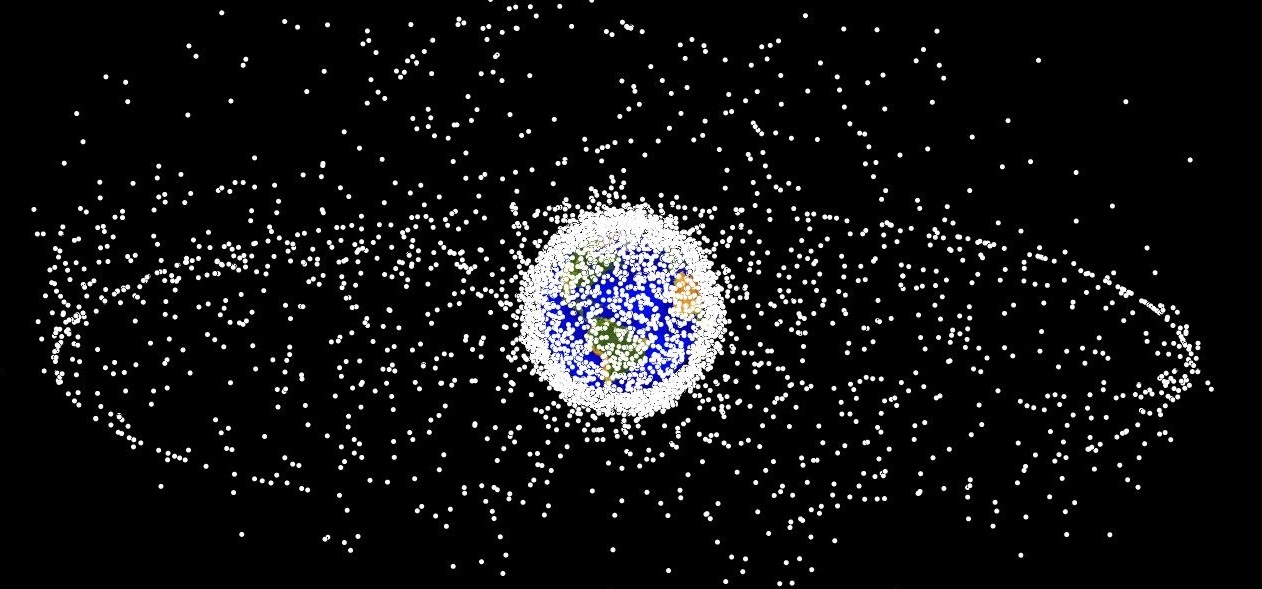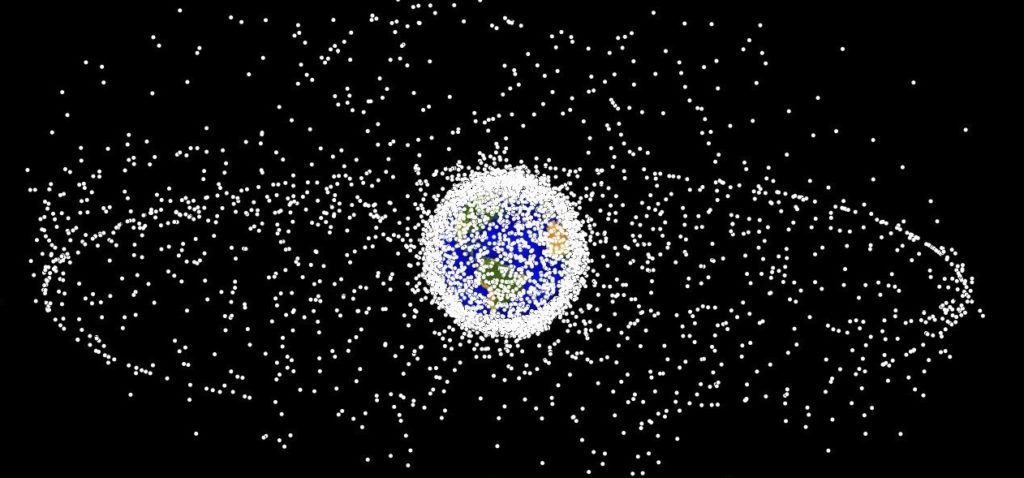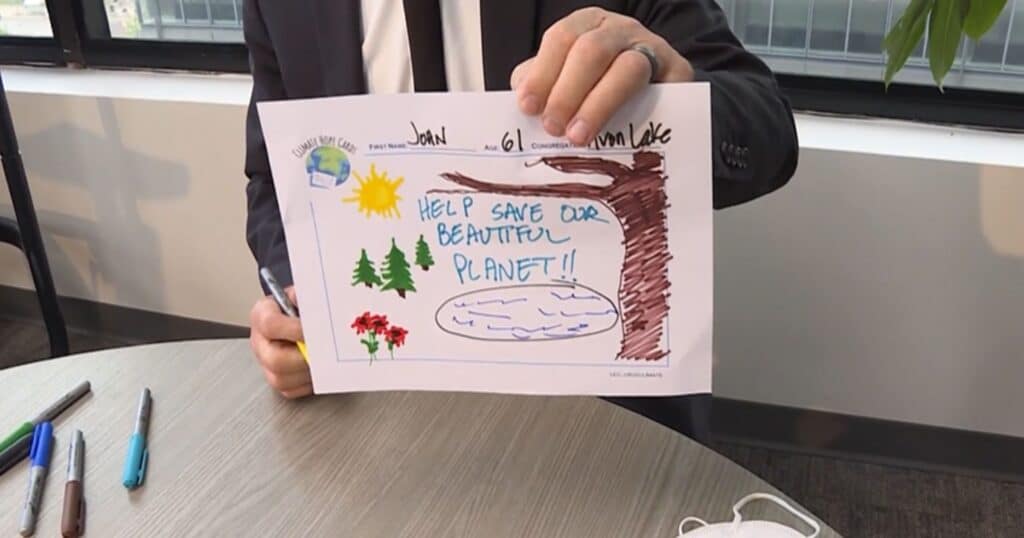Space Debris Could Undermine Hurricane Relief Efforts After 2021

In 2015, the UCC General Synod passed a resolution on Responsible Stewardship of the Outer Space Environment. Through a regular series of articles, the UCC maintains its commitment to addressing the serious threats posed by space debris
North Atlantic hurricanes have increased in intensity, frequency, and duration since the early 1980s, but Earth observation satellites that play a critical a role in post-storm rescue and relief efforts are endangered by space debris.
As the New York Times noted in its coverage of Hurricane Michael, some of the poorest and most disenfranchised populations in the United States live in high-risk floodplain areas in southeastern coastal regions – and they often are the least equipped to evacuate their homes before a storm. Although satellite-based technologies are not a substitute for equitable public policies, they have become essential for helping those who remain behind.
To accomplish their missions in the aftermath of a hurricane, first responders need to know where roads have been inundated or washed away, and emergency management officials need to make timely and informed decisions pertaining to supply chains and resource and relief allocation. The flood maps and projections they depend upon for these purposes incorporate continuously updated data from several Earth observation satellites, including Terra, Aqua, Landsat, and Suomi.
It is an open question, though, how long such spacecraft will be able to perform their missions. The debris problem is going from bad to worse.
In 2011, the National Research Council (NRC) reported that the density of debris in low Earth orbit (LEO) – the area of space where Earth observation satellites reside – is growing exponentially. Collisions between existing debris objects are generating new debris faster than atmospheric drag removes the old pieces from orbit. Astrophysicist Donald Kessler, who headed the NRC study, said “we have lost control of the space environment.”
In 2017, Kessler presented his findings from a new study to the Seventh European Conference on Space Debris in Darmstadt, Germany. They were ominous. Ten percent of satellites in LEO are experiencing collisions with centimeter-sized pieces of debris that are potentially devastating. The upshot, some experts say, is that a runaway chain reaction of cascading collisions has begun that eventually will make spaceflight impossible in LEO.
Moreover, the active satellite population is projected to quintuple in size by 2021 because of rapid growth in the commercial space sector. This will put severe and perhaps intolerable pressure on a degraded space environment that is already congested with spacecraft and debris. At a recent workshop for science teachers I attended, a NASA educator said we are headed for serious trouble in 2021 and could be in a situation where LEO is too difficult to navigate.
Unfortunately, the looming environmental catastrophe in space has failed to galvanize the international cooperation on technological and diplomatic issues that is needed to stabilize LEO. Left unchecked, warns Holger Krag of the European Space Agency, the debris problem “will impact everybody – everybody who uses a mobile phone, who gets television, who relies on weather forecasts.”
For poor families and individuals trying to cope with the aftermath of hurricanes and other extreme weather events, the impact could be deadly.
Rev. Robert Bachelder is a retired UCC minister in Massachusetts and author of the General Synod resolution on responsible stewardship of the outer space environment.
Related News
The UCC’s 2025 Climate Hope Art Contest
Register now! For the third straight year, the UCC is conducting a Climate Hope Art...
Read MoreFinding Faith in Cancer Alley
Cancer Alley is the nickname given to 80 miles of the Mississippi between Baton Rouge and New...
Read MoreCall to Address Environmental Racism in Alabama Community
For six years, the Shiloh community of Elba, Alabama has faced severe flooding caused by the...
Read More


